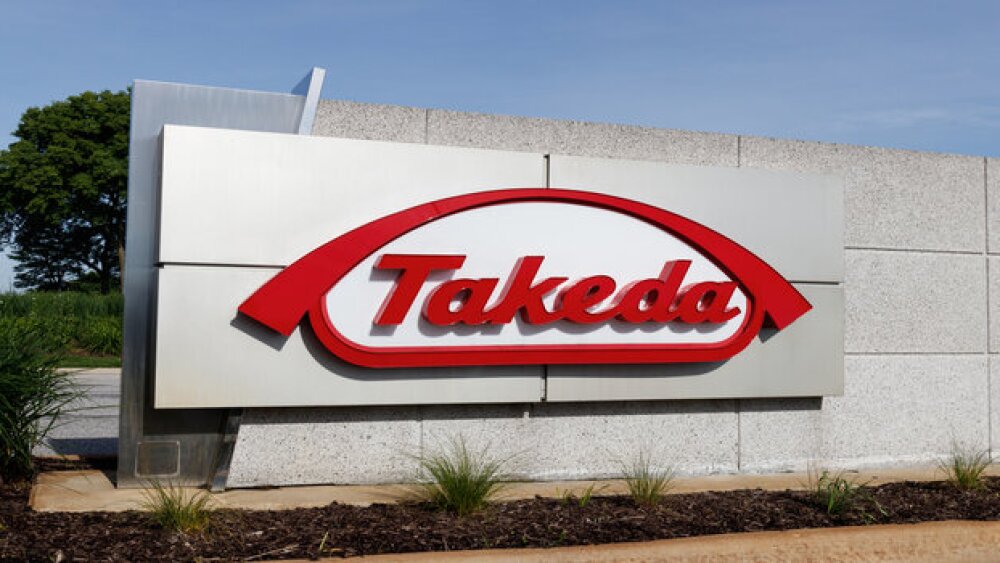CAMBRIDGE, Mass.--(BUSINESS WIRE)--Imara Inc., a biotechnology company dedicated to developing novel therapeutics for patients with sickle cell disease (SCD) and other hemoglobinopathies, announced today that the U.S. Food and Drug Administration (FDA) has granted Rare Pediatric Disease designation to IMR-687, the company’s lead product candidate. IMR-687 is the first SCD candidate to be designated as a drug for a rare pediatric disease, and this designation builds upon, and is complimentary to, the FDA’s earlier grant of Orphan designation.
The 21st Century Cures Act clarified the rare pediatric disease path for SCD drugs that address the pediatric manifestations of the disease. In designating IMR-687 as a drug for a rare pediatric disease, the FDA recognizes the manifestations of SCD that primarily effect children and increase pediatric morbidity, including acute splenic sequestration, cerebrovascular accidents, and aplastic anemia.
“People living with sickle cell disease have limited treatment options for its devastating effects,” said James McArthur, Ph.D., Founder, President, and CEO of Imara. “The FDA’s decision reflects its commitment to working with innovators and the patient community toward advancing safe and effective treatments for children suffering from the rare and damaging pediatric manifestations of the disease. We look forward to working closely with the FDA throughout our IMR-687 clinical program, as this is important validation of Imara’s work in developing promising therapeutics to address serious medical needs for patients living with sickle cell disease.”
Imara is conducting a Phase 1a clinical study to evaluate the safety and pharmacokinetics of IMR-687 in healthy volunteers. In addition, Imara will assess pharmacodynamic markers. Pending the positive outcome of this Phase 1 study this summer, Imara will initiate a Phase 2a study in adult patients living with sickle cell disease later this year and then expects to initiate the Phase 2 in pediatric patients in 2018.
Rare pediatric disease designation is granted to drugs that show promise to treat orphan diseases affecting fewer than 200,000 patients in the U.S., primarily age 18 years or younger. The designation provides incentives to advance the development of rare disease drugs, including access to the FDA's expedited review and approval programs. Under the FDA's Rare Pediatric Disease Priority Review Voucher Program, a sponsor with Rare Pediatric Disease Designation who receives an approval of a new drug application (NDA) is eligible for a voucher that can be redeemed to obtain priority review for any subsequent marketing application.
Dr. McArthur credits the sickle cell community for its support in laying the ground work for highlighting the severe pediatric manifestations of sickle cell disease that impact patients. These groups include Baltimore-based William E. Proudford Sickle Cell Fund, whose tireless efforts raised awareness of sickle cell disease and the critical need for aggressive, forward-thinking policies to spur development of new treatment options. Community-based organizations have been instrumental in putting a spotlight on sickle cell disease and its devastating impact on children.
About IMR-687
IMR-687 was specifically designed to address the underlying pathology of sickle cell disease. An orally-administered, highly potent and selective phosphodiesterase 9 (PDE9) inhibitor, IMR-687 is a potentially disease-modifying therapeutic for sickle cell disease as well as other hemoglobinopathies. Pre-clinical data demonstrate IMR-687 reduces both the sickling of red blood cells and blood vessel occlusion that cause debilitating pain, organ damage, and early mortality in affected patients.
About Sickle Cell Disease
Sickle cell disease is a rare, genetically inherited condition that alters hemoglobin, the protein in red blood cells that transports oxygen throughout the body. The altered hemoglobin distorts red blood cells into a sickle, or crescent, shape. Painful episodes can occur when sickled red blood cells, which are stiff and inflexible, get stuck in small blood vessels. These episodes deprive tissues and organs of oxygen-rich blood and can lead to vaso-occlusive crisis (VOC), acute chest syndrome (ACS), and permanent damage to organs including the liver, spleen, kidney and brain.
About Imara
Imara Inc., a Cydan Development company, is dedicated to developing novel therapeutics for patients with sickle cell disease. Imara is developing IMR-687, a highly selective, potent small molecule inhibitor of PDE9, to treat patients with sickle cell disease. The company was launched following an 18-month diligence and de-risking scientific collaboration between orphan drug accelerator Cydan Development and H. Lundbeck A/S with initial funding from life science investors NEA, Pfizer Venture Investments, Lundbeckfond Ventures, Bay City Capital and Alexandria Venture Investments.
LaVoieHealthScience
Alison Chen, +1 617-374-8800, Ext. 104
achen@lavoiehealthscience.com




